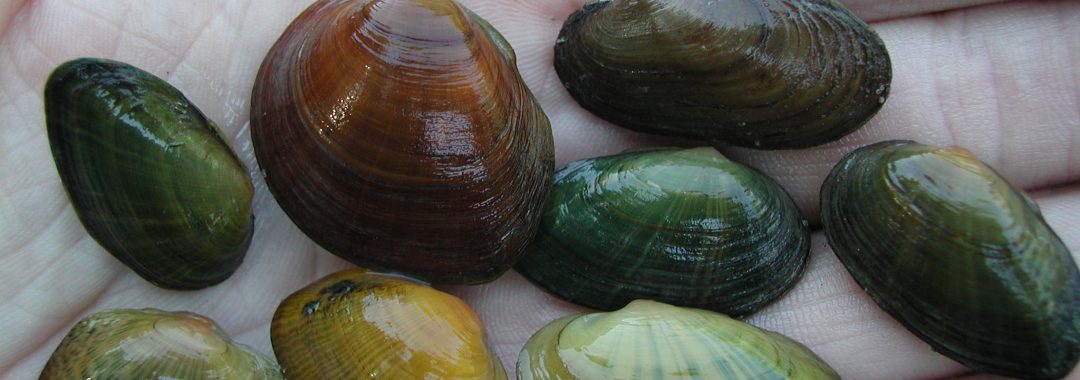Abstract:
Freshwater unionid mussels are a highly imperilled group. Their dispersal abilities depend on the availability and the movement of host fish on which their parasitic mussel larvae develop. We examined the relationship between the dispersal abilities of unionid mussels and their conservation status on a regional (SW Ontario) scale and their distribution and abundance on a catchment scale (Sydenham River, SW Ontario) by determining host specificity and estimating the dispersal abilities of mussels on fish from a review of the literature. On the regional scale, we found that mussels with the most precarious conservation status relied on host fish with short movement distances, whereas vulnerable and more secure mussel species had host fish with 2–3 orders of magnitude larger movement distances. We were not able to detect a clear pattern on the catchment scale. Our results suggest that limited dispersal by host fish affects the abundance and distribution of unionid mussels and ultimately their conservation status on a regional scale. Information on dispersal limitations because of differences in host fish communities should be included in conservation and management decisions to ensure connectivity and maintain functioning mussel metacommunities.
Citation: Schwalb, A.J., Cottenie, K., Poesch, M.S., and Ackerman, J. 2011. Dispersal limitation in unionid mussels and implications for their recovery. Freshwater Biology 56: 1509-1518.
Also Read:

